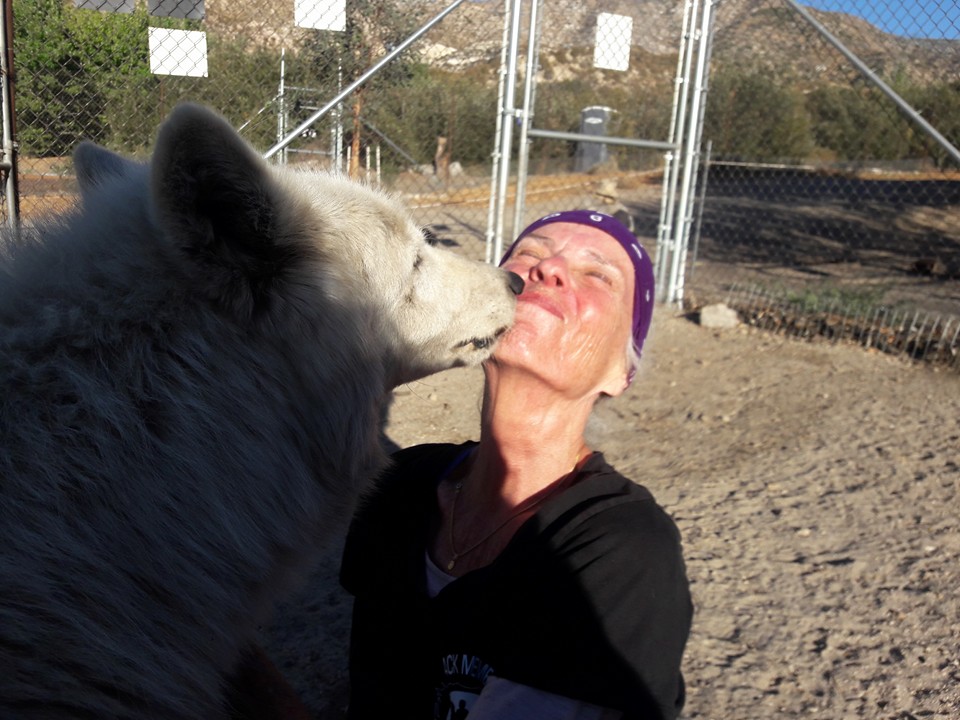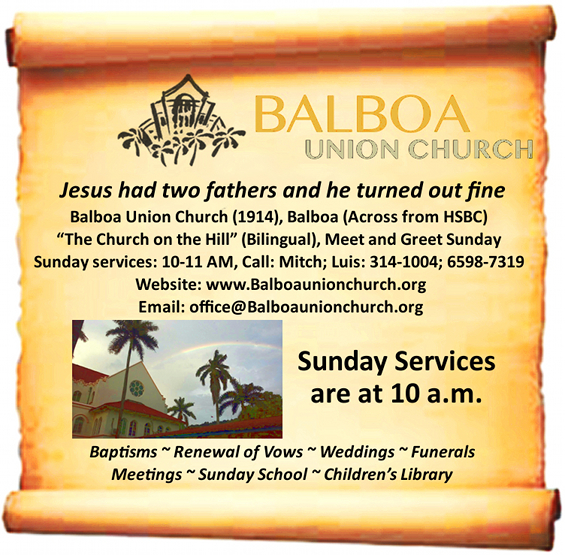
Patricia Quinn: the #MeToo moment and
the importance of what people are taught
Patricia Quinn, interviewed by Eric Jackson
What follows is a conversation between two people of different generations who have the old Canal Zone among their several formative experiences. Patricia Quinn has had a long theatrical career, including film, television and stage acting, a bit of teaching, a bit of directing and office jobs on the ways up and in between. Perhaps she is best known for playing Alice in the movie Alice’s Restaurant, but that’s a small part of her career, which also included, well after that, coming back to some roots and directing a play for the Theatre Guild of Ancon. The occasion in the first International Women’s Day after the entertainment world and beyond were rocked by terrible sexual harassment scandals. Those abuses go way back, but Quinn’s perspective is not so much of a Hollywood Hell but of a certain minority of men who will make life hellish for those who don’t stand up to them, especially for those who have not been taught to defend their rights and dignity.
EJ: It always seemed to me that the subculture of theater people was fairly promiscuous. One might say let everyone have their fun, except that it appears that first of all the culture attracts those who would exploit it, and second that the higher up one goes and the more money is involved the abuses of power become very much worse. But then, people more cultured than myself have noted that my sense of taste is located entirely in my mouth. Where would you say my impressions are right, and are wrong, and entirely miss major issues?
PQ: We begin with education. “You Have To Be Carefully Taught,” from the musical “The King and I” says is all profoundly.
There were a few occasions when I was treated as a sex object in New York City. Once I was chased around a desk (for real!) by the editor Mel Mandel of Downbeat Magazine while fulfilling a “day job” while I studied with the great Stella Adler. Not an actor he!
Another more aggressive occurrence came while typing in the CBS pool, being assigned to a Playhouse 90 production of Hemingway’s “For Whom The Bell Tolls” and its director John Frankenheimer. He told me to go across the street and get him a coffee. I said no, automatically. I’m here to type. He fired me. However, that night he somehow found my apartment address and showed up banging at my door with a bottle of booze. I refused him admittance.
The next morning a hero showed up in the form of producer Fred Coe, who called to tell me I was to be his secretary on the production, and he was sending his own secretary to Frankenheimer. That was the difference in being taught to respect and defend women or seeing them as objects to be manipulated.
On a film in which I played Belle Starr I was told to get naked and refused. The threat came immediately: do it or lose the part to Sally Kellerman. I replied they could go ahead as long as I was paid and if she could fit the custom corsets! I stayed. And the reason is that I was never frightened into saying yes. I knew who I was. And I didn’t want to be famous, which helped a lot.
However, as a seven-year-old watching a Roy Rogers matinee at the Balboa Theatre, a man sat next to me and exposed himself. At a War Bonds Fair at the Balboa Gym, my brother Bruce was then six and I was five and we were separated from our older brother. We began to walk home to Barnaby Street when a GI came out of the bushes and actually said, and I will never forget, “You show me yours, and I’ll show you mine.” He, too, was no actor.
And, too, of course, being followed by a man in car as I was walking to school.
EJ: The laws about discrimination and hostile workplaces have been around for many years now, which I suppose is why Mr. Weinstein had to settle all those lawsuits instead of scoff at them. Then the money people took notice. But you were working as a professional before those laws went into effect. What was it like? And if the laws changed but powerful people’s behavior did not, what does that say about not only the industry but American culture?
PQ: Global culture, in truth. Some take it for granted, but America’s power is its freedom found in its amendments. We are considered equals. Again, the mother or father must instill those inalienable rights in both their boys and girls.
EJ: You are a member of the Screen Actors Guild. What do you consider the high and low points of the union’s defense of its members against these sorts of abuses?
PQ: I am now an honorable member (non-dues paying) of SAG/AFTRA due to the length of time as a member. I think the unions, as I know them, are protective of women’s rights.
EJ: A pretty common male slur across all professions where there were glass ceilings was that with every successful woman there was some guy asking who she had to sleep with to get ahead. And you read about actresses who were forced into degrading situations, had some success, and internalized all that stuff, sometimes to the point of self-hatred for being frauds of sorts. Have you seen the casualties from such stuff, psychological and otherwise? What damage do you see that sort of doubt having done to individuals, to the entertainment industry and to American society?
PQ: I see no more suffering than is printed in the news or on TV. Once again, women with ambition to become movie stars – and men, too – may go too far with their dreams and forget themselves, selling short. In any profession, continue to be honorable and self-loving. It’s not easy, but it’s part of living an enlightened life journey.
EJ: Has the increased number of women in positions of power in the film industry changed things very much?
PQ: I believe so. Change comes with persistence. I believe the high school students will persist. They have so many more options available to them — internet, social media, increased awareness and obviously, determination to change things.
EJ: #MeToo gets pigeonholed as a “women’s issue.” But like domestic violence, the solution is very much a men’s issue. And so many of us who were used to old rules can look back with shudder and regret. So what, to you, is the meaning of all of this for men? And should it matter what men think, anyway?
PQ: Men like Fred Coe are the majority. They protect women. And as a grandmother of a 24-year-old college student, I just began a FB group “Grandmothers United” to encourage others to call their congressperson and governor to oppose assault weapons being sold to the public. One argument against my goal has been that the public needs these weapons in the event of a government takeover. I don’t see that in my crystal ball, but I have to understand their fears. We have to rid ourselves of fear and hate and practice love and compassion to the best of our hearts’ abilities.












